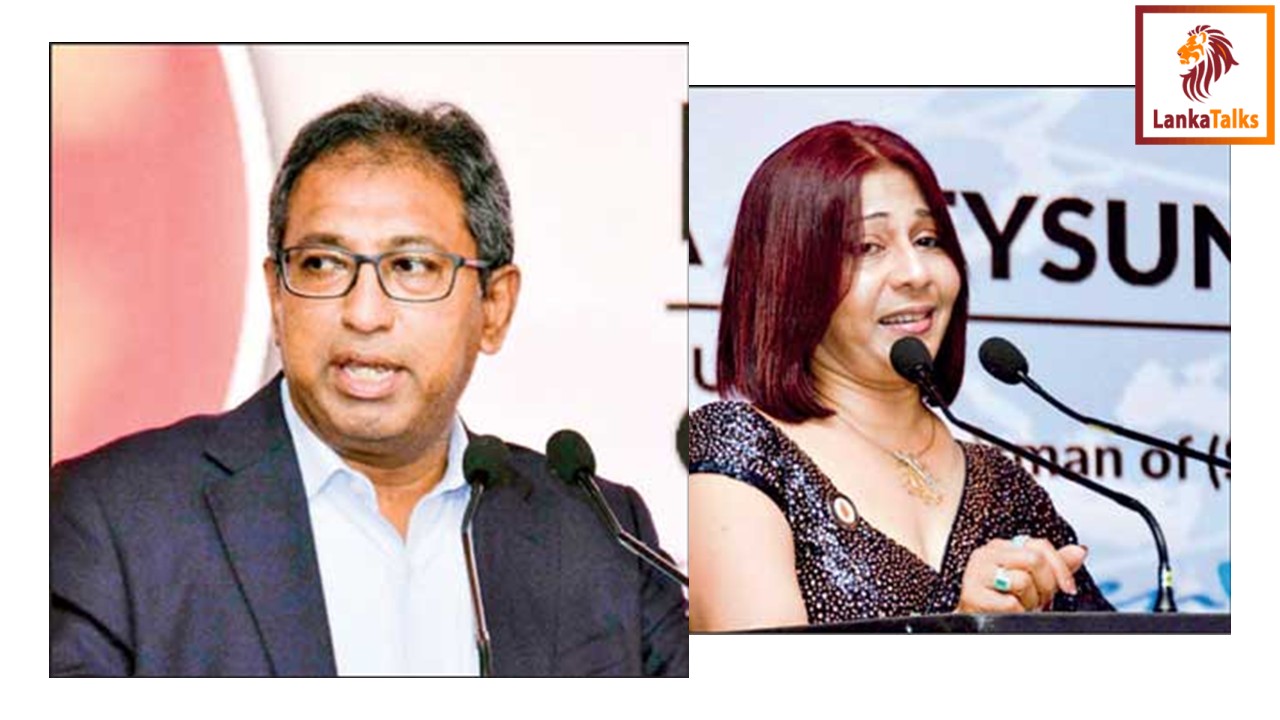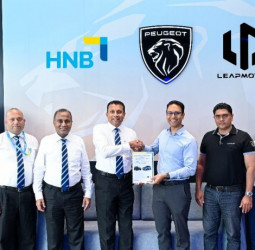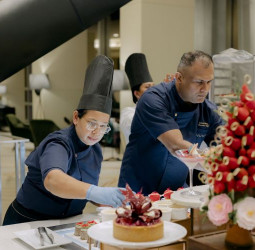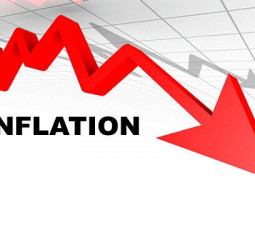- SJB MP Dr. Harsha de Silva addresses SME issues at Ceylon United Business Alliance International launch
- Ceylon United Business Alliance President Tania Abeysundara urges policy overhaul to support SMEs
Main opposition party, Samagi Jana Balawegaya (SJB) MP Dr. Harsha de Silva last week proposed two structural interventions to support Sri Lanka’s small and medium enterprises (SMEs): training diplomatic missions to promote exports and creating a dedicated long-term credit facility by tapping into domestic provident funds.
Delivering an address at the launch of Ceylon United Business Alliance (CUBA) International, an initiative of the Ceylon United Business Alliance, de Silva urged a shift in policy towards SMEs. The alliance is a consortium of small and medium enterprises that was formed during the COVID-19 crisis to deal with challenges they have since faced.
Noting that “what’s happening tomorrow, we may not be able to predict today,” de Silva framed his proposals within a global environment marked by volatility and geopolitical shifts. He argued that traditional Government responses have failed to adapt, leaving SMEs without the institutional support needed to compete globally.
One key proposal was the revival of an economic diplomacy model piloted in 2017 with the Harvard Kennedy School. The program trained 49 Sri Lankan ambassadors, commercial officers, and mission staff to proactively promote Sri Lankan goods and services in foreign markets. The initiative was born out of a survey revealing that missions had made zero business presentations to foreign corporate boards over 12 months. “If our missions are not promoting us, then obviously, the baton is not being taken over by the next person and the relay is stopped,” de Silva said.
Cannot work in compartments
He argued for embedding export promotion capabilities directly within foreign missions or assigning trained officers from institutions, like the Export Development Board or Department of Commerce. These should then be tightly connected with domestic agencies such as the Central Bank, BOI, and Treasury. “You cannot work in compartments. The model needs to change. We are working in silos, and that is not bringing us the benefit we require,” he said.
His second proposal addressed SME access to long-term credit. De Silva explained why the traditional development banking model, once supported by concessional funds from multilateral agencies, had collapsed after Sri Lanka graduated to middle-income status. He pointed out that many development banks transformed into commercial banks because they could no longer access long-term financing from institutions like the World Bank or ADB.
“That development banking model has to change,” he said. “Development banking is not about a bank. It is about banking. And every bank can provide development banking facilities if and only if they have access to long-term finance,” he said.
He proposed leveraging domestic long-term funds, particularly the Employees Provident Fund (EPF) and Employees Trust Fund (ETF), which collectively hold over Rs. 5 trillion in assets, to create a dedicated credit facility for SMEs.
“Now, where do banks have long-term finance? If you look around, what is the size of the Employees Provident Fund? Something like Rs. 4 trillion or Rs. 4.5 trillion, and it invests 95 to 96% in government securities. The ETF, I think, is about a trillion rupees. Where do they invest? They hardly take any risks. I am not saying that the Provident Funds should take undue risks, and they invest about 5-6% in the stock market anyway. “I am going to propose to you that we look at a certain percentage of these long-term funds and create a facility so that banks can access that for development banking facilities on a long-term basis,” he said.
De Silva emphasised that without correcting the mismatch between short-term deposits and the long-term capital needed for SME growth, banks will remain structurally unable to lend beyond two or three years. “You cannot have one long-term and one short-term. That is why development banks became commercial banks,” he said.
Both proposals, he concluded, require a shift away from piecemeal fixes toward coordinated policy execution. “The key is to dig down deep to appreciate what the real problem is,” he concluded.
Urgent systemic reforms
Speaking at the CUBA International launch, Ceylon United Business Alliance President Tania Abeysundara called for urgent systemic reforms to support small and medium enterprises (SMEs), focusing on access to capital and global markets. Her remarks came during the launch of CUBA International, a new platform to help SMEs connect with international buyers and policymakers. Addressing a forum of Government officials,
diplomats and business leaders, Abeysundara argued that while SMEs contribute over half of Sri Lanka’s GDP and employ more than 4.5 million people, they continue to be overlooked in national policy. “We are the strength behind the country’s economic survival. If we were to fall and collapse, any country’s economy will collapse,” she said.
Abeysundara said SMEs are still burdened with excessive bureaucracy, limited market access and unequal treatment compared to foreign direct investors. Her speech included data that highlighted SMEs’ economic contributions, including $ 38 billion in 2022 when Sri Lanka faced sovereign default. “We create something from absolutely nothing. That’s what we do,” she said.
To address these long-standing gaps, Abeysundara proposed two key interventions. The first is the creation of a centralised, single-window platform to consolidate all SME-related approvals, policies and support services. She noted that SMEs are often forced to go “from pillar to post” to access even basic services, which creates inefficiencies and undermines competitiveness. “We don’t have a one-stop shop. This needs to be brought under one umbrella, one window,” she said.
The second recommendation focused on building direct market linkages between SMEs and foreign buyers. Abeysundara said CUBA International’s main objective is to facilitate a business-to-business (B2B) export platform through engagement with diplomatic missions and trade representatives. “We want to talk with all embassies. We want to take the embassies and make a B2B platform directly,” she said.
She also pointed to policy inconsistency and lack of tailored FTA protections as key threats to domestic manufacturing. FTAs are very much needed. But FTAs have to be understood according to the parameters of a country,” she said, referencing a discussion with Indian trade officials on how India protects its SME sector through trade policy.
Abeysundara called on policymakers to include SME-specific implementation frameworks in national policies and budget processes. She also stressed the need for targeted support to women-led businesses and expressed cautious optimism that the Government and banking sector would begin to align with these demands. “We want the Government intervening directly, facilitating and capitalising on benefits for SME organisations,” she said.
In closing, she emphasised that recognition was not the goal. “SME companies never receive recognition. Neither do we seek fame. We seek progress and growth through our unwavering dedication to the economy,” she said.



 A.R.B.J Rajapaksha
A.R.B.J Rajapaksha



